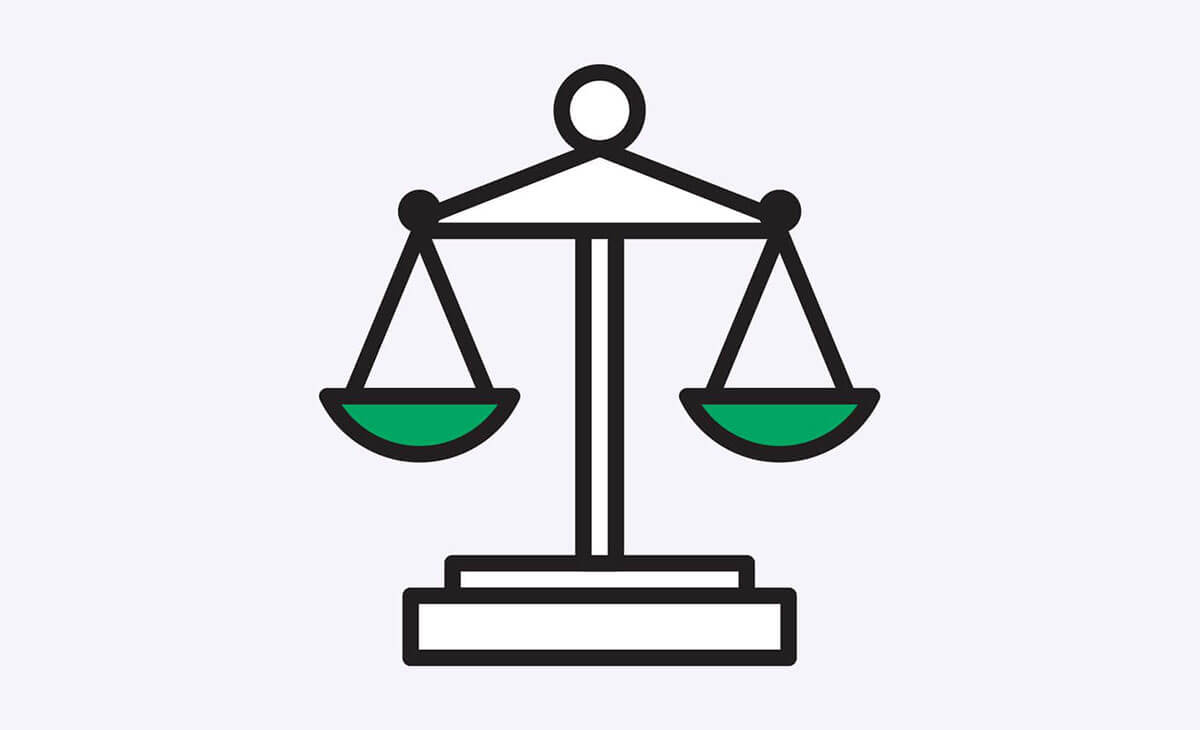The Wall Street Journal reports that layoffs have been hitting law firm partners, with more to come.
About 15% of roughly 120 firms surveyed by Wells Fargo Private Bank’s Legal Specialty Group intend to cut partners in the first quarter, continuing a three-year trend.
And 55% of the 113 managing partners and firm chairmen who responded to an American Lawyer magazine poll said they planned to ask between one and five partners to leave in the coming year. Though that proportion was roughly steady with the previous year, 5% intended to cut between 11 and 20 partners this year, up from 1.2%.
Non-rainmakers are at particular risk of losing their jobs. One laments:
“You’re only as secure as the amount of money you bring in,” says a partner who during the recession was asked to leave a large national law firm. He was let go from his subsequent firm last year.
It isn’t enough to be a good lawyer, he says. “The job is to make money for the firm.”
We have a career suggestion for laid-off partners who are highly skilled at legal work and less skilled at client development and management: find work in legal automation. Legal thinker Richard Susskind has argued that we will see more “legal knowledge engineers”. As a technically skilled practitioner, you could be perfect for this role. Companies like ours are engaged in teaching computers how to do legal work. Since the idea with automation is to get software to do the task right and then apply it repeatedly, people who can actually get the task right in the first place are needed. That doesn’t necessarily mean people with partner-level experience, but it could.
What type of legal automation work is out there?
There is a broad range of legal automation work being done. Since we’re most familiar with corporate law automation, I’ll keep the list to some areas within this. There also appear to be a number of companies working on improving legal research.
- Automating form agreements (e.g., LegalZoom, Rocket Lawyer (both more consumer/small business targeted), Koncision (high-end drafting focussed)). This area is perfect for those with strong drafting skills. Draft clauses and agreements that will be used over and over. From what we read, some (but not all) of the companies in this area could use team members with more attention to document quality. Which seems like a great opportunity for highly skilled lawyers to step in and make an impact.
- Creating drafting aides. Lawyers might typically draft by pulling from a few precedents. A few companies feel there’s a better way, through systems that, for example, pull relevant precedent clauses, build templates based off automatically reviewing multiple agreements (KMstandards), or integrating playbook information and providing enhanced blacklines (Baseline).
- Building expert systems. Really know a complex area of law, or deeply understand a tricky statute? Use Neota Logic to build a system others can rely on to solve similar problems, accurately in less time.
- Automating deal closing documents (e.g., signature page set creation). A number of senior associates and partners I worked with were obsessed with getting closings done right, and know that there are many opportunities for deals to go wrong at the end. If this is your thing, there is work being done.
- Automating due diligence/contract review. This is where I’m most experienced. Our software automatically finds user-specified contract provisions and puts them into summary charts. We spend a vast amount of time building provision models and reviewing lots of contracts to train our system and evaluate its performance. This involves lots of legal judgement, as well as working with technologists to translate lawyer thinking into computer models.
There is also a lot not yet automated. Consider areas you know, and think about what people spend time on, which tasks get done over and over, and where there’s room for improvement.
Is this work challenging and interesting?
I find it very much so, and I love the work that goes in to improving our system. Stay tuned—I will write more on the legal automation parts of my job in a future post. For now, know that this work can be interesting, challenging and intellectually rewarding.
What work do lawyers actually do at legal automation companies?
Tasks will be project and individual specific. With us, I do many different things, including reviewing agreements and other tasks to improve our system, reviewing system results, helping set and improve our user interface, doing company legal work, sales, social media work, and much more. Only interested in some of these? For example, don’t think you’re great at selling? First off, don’t be so sure—we believe subject matter experts (i.e., people who have done and supervised lots of diligence) are the best people to sell our product. That said, we have no hard requirement that any team member do anything—there’s lots of work to go around. We highly value the legal judgement that goes into making our system better and better. It’s hard to convince people to trust software to do diligence when most experienced deal lawyers don’t trust their smart, well-educated and trained associates to do the task right (for good reason–people are imperfect at diligence in our experience). We think the way to earn trust is through giving high quality results. We have found high quality results have come to us through lots and lots of lawyer and technologist effort.
What about pay and benefits?
It’s not all good news. Your salary will likely be a lot lower. But you may be part of building something valuable. And hopefully that will someday pay off. As it is, your opportunity cost may be low. On the good side, you may find flexibility in how much you work. While most of our team members work a lot, our work is not as client- and deadline-driven as it was in my corporate law practice. So all-nighters and missed engagements are rare. And it’s our fault we work a lot—we decided to do it that way. Perhaps some laid-off partners are happy working 1,300 hour years. That may be fine with some legal automation companies, who could be happy to take that from a highly-skilled teammate. We, for example, have had a part-time employee. Virtual / telecommuting work arrangements, depending on the team, might also be acceptable.
One caveat to all of this: I left Biglaw as a midlevel associate, and perhaps what I find challenging would be easy for you. That said, you would not be the only ex-partner in legal automation.
Interested in learning more? I’m happy to talk - get in touch. And I suspect other legal automators would be happy to share their experiences too.

